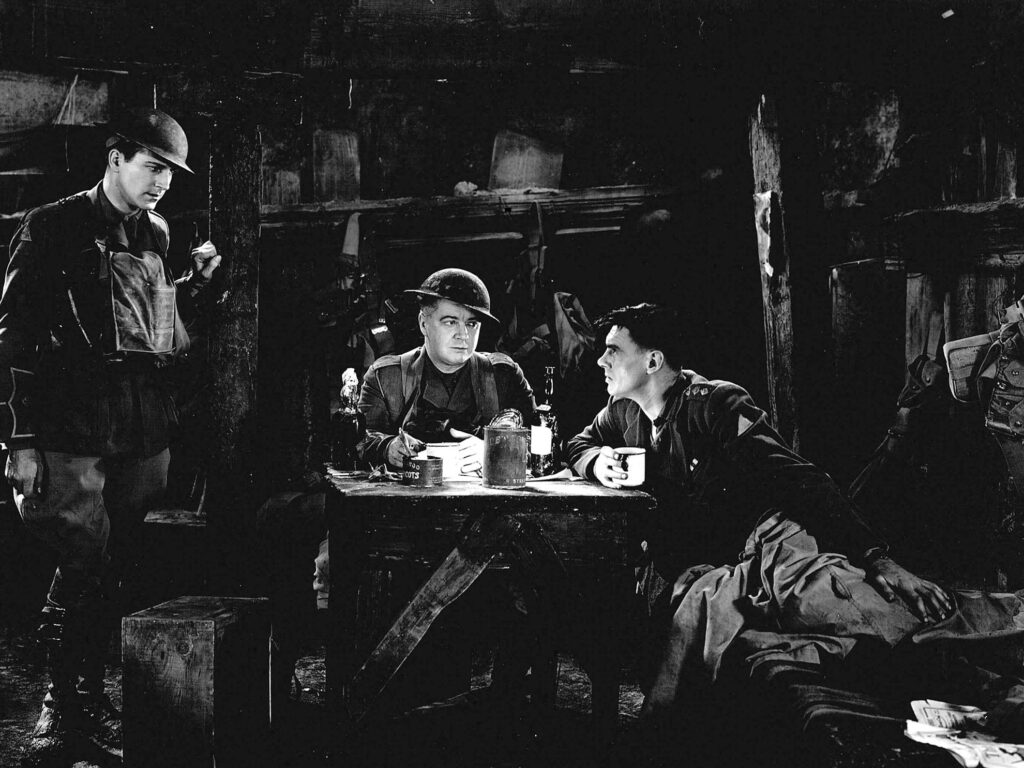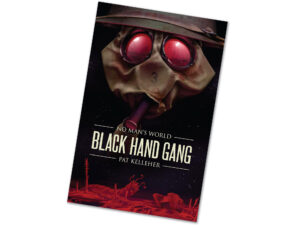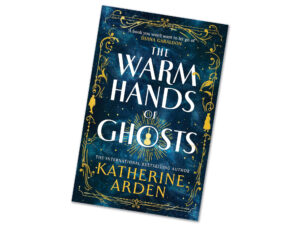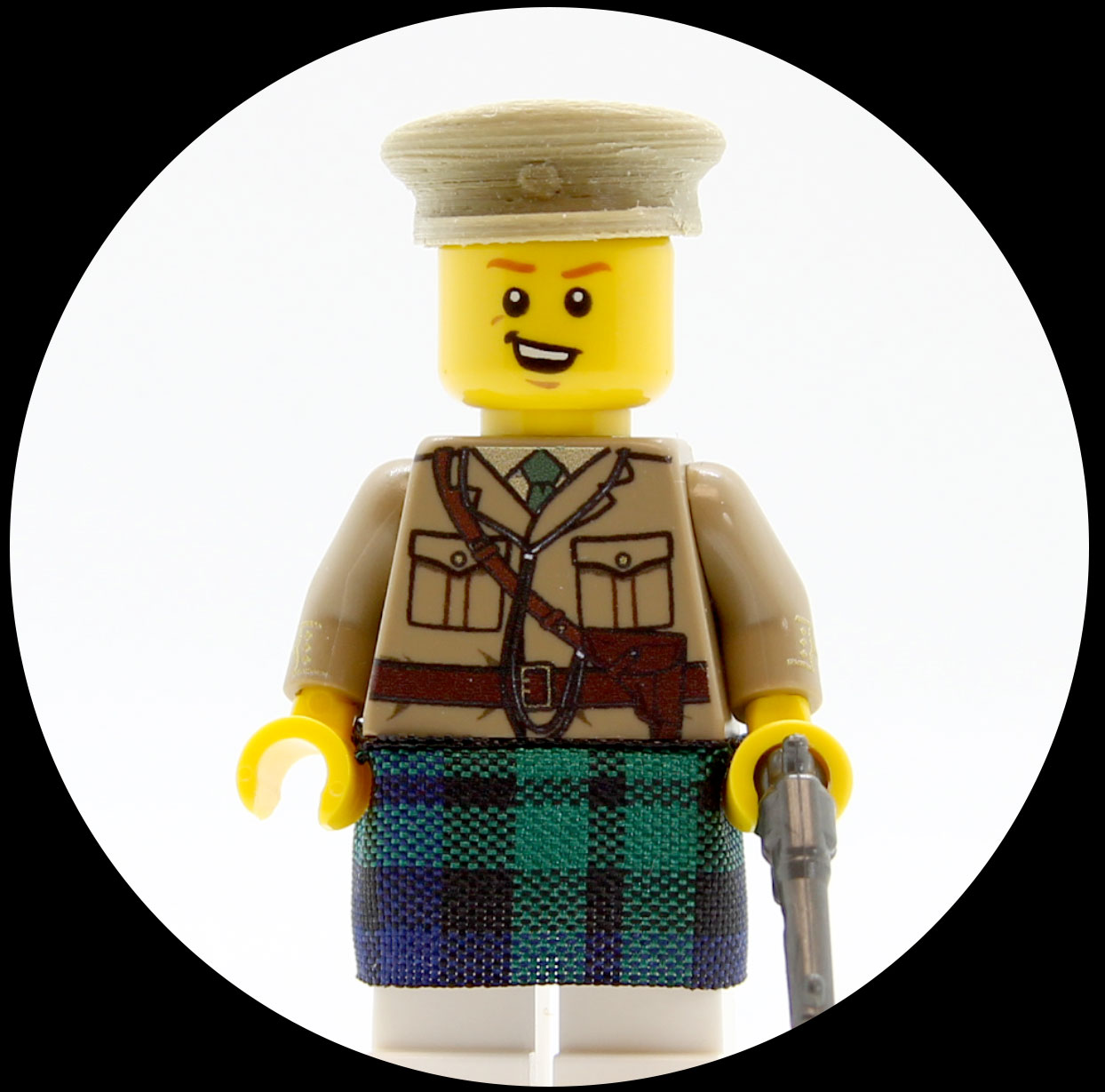By popular demand! This month Chris, Angus and Jessica discuss productions of R.C. Sherriff’s Journey’s End, including the original play and the 1930 and 2017 film versions.
Along the way we consider the importance of James Whale, whether the French changed their clocks during the war and the definition of an anti-war play, while Chris makes a bid for the over-arching significance of moustaches to the history of the war.
References
RC Sherriff, Journey’s End (1928)
Emily Curtis Walters, Between Entertainment and Elegy: The unexpected success of RC Sherriff’s “Journey’s End”’, Journal of British Studies 55.2
James Whale, Journey’s End (1930)
James Whale, Frankenstein (1931)
James Whale, The Road Back (1937)
James Curtis, James Whale: A new world of Gods and Monsters (2003)
Lewis Millstone, All Quiet on the Western Front (1930
N Enstaff, Journey’s End: York Notes for GCSE (2006)
Rosa Maria Bracco, Merchants of Hope: British Middlebrow Writers and the First World War, 1919-1939 (Berg, 1993)
Saul Dibb, Journey’s End (2017)
Scott Poole, Wasteland: The Great War and the Origins of Modern Horror (2018)






